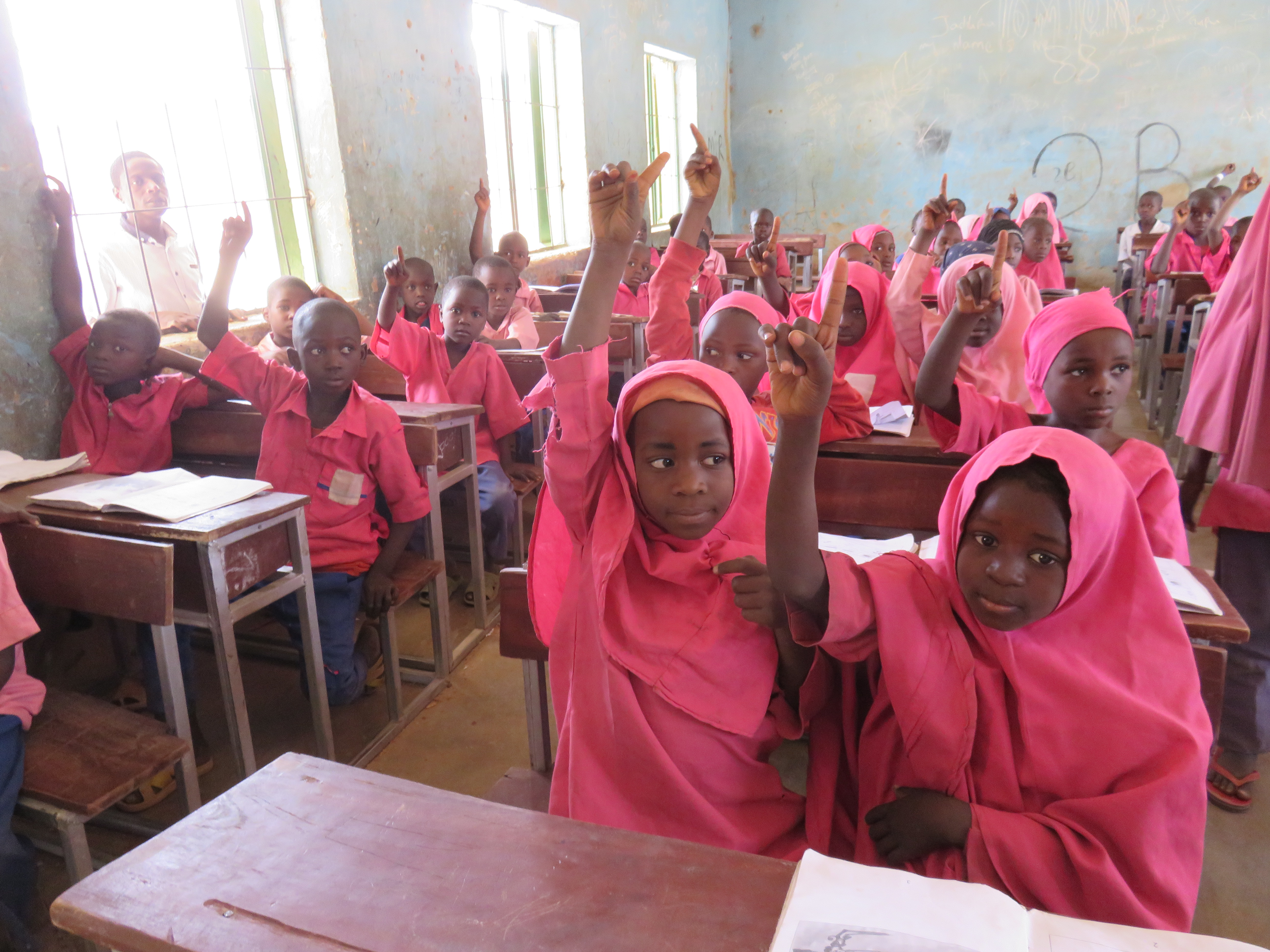By Boco Edet Abdul
Abuja, Nigeria– More than 30 international and local education experts have initiated a process to develop standards and benchmarks for the teaching of Reading at early grade level in schools in Nigeria.
The Nigerian Educational Research and Development Council in collaboration with the Northern Education Initiative Plus and other international development partners is leading this initiative.
Setting standards and benchmarks for Early Grade Reading in Nigeria will help to clearly define and measure classroom instruction and pupils’ performance at each primary grade level.
The Nigerian Educational Research and Development Council is very interested to apply the Reading standards and benchmarks to be developed to all other Nigerian languages not just Hausa, which is the focus of the project.
Executive Secretary of the council Professor Ismail Junaidu said the process will fill gaps in the Nigerian National Policy on Education concerned with mother tongue literacy.
“Globally, Reading is trending and this is why we take the Northern Education Initiative Plus very seriously. Early Grade Reading is very crucial to our educational pursuit as a country,” Junaidu said.
“There is a dire need for precise and measurable standards and framework for the teaching of Reading in Nigerian languages curricula that is why we will follow this process till we have something that can be generally applied,” he added.
Monitoring reading in schools
In September 2016, the Initiative introduced the Let’s Read! Mu Karanta! program in 2,387 schools in Bauchi and Sokoto states. The program has trained 13,268 teachers to move pupils along gaining reading skills in Hausa and English from Primary 1-3.
The project also developed 32 materials that include textbooks and teacher guides in both languages drawing from best practices on Early Grade Reading to make them interesting and exciting for children.
The books include 750 lessons with illustrations and stories that are culturally appealing and encourage students to become critical thinkers and to question, predict, infer and analyze.
Since introducing the program, there have been noticeable improvements in schools in Bauchi and Sokoto states. Teachers skills and knowledge have improved and parents are noticing children’s excitement with their textbooks.
While there are early gains, it is important to provide stakeholders at all levels of the education system a clear picture of the specific reading and writing tasks that all learners should accomplish as they progress from grade to grade.
[perfectpullquote align=”right” cite=”” link=”” color=”” class=”” size=””]“Globally, Reading is trending and this is why we take the Northern Education Initiative Plus very seriously. Early Grade Reading is very crucial to our educational pursuit as a country,” Junaidu said.[/perfectpullquote]
Northern Education Initiative’s Senior Reading Specialist Joy du Plessis said having standards will help agencies like the State Universal Basic Education Board know whether schools are on track.
“It will also help people from teachers and even parents to know where they should expect children to be in their learning and how they are progressing from grade to grade,” she said.
For the project, the standards and benchmarks will be part of a school scorecard to promote accountability for early grade reading.
Representative for the U.S. Agency for International Development Olawale Samuel said the agency will continue to support Nigeria to not just improve access to education but also ensure that children who attend school actually learn.
“If parents know that their children are reading better they will be willing to keep them in school and that is what we want to see happen,” he said.
Comments are closed.


